
As businesses strive to meet these Corporate Social Responsibility (CRS) goals, many turn to biophilic design and indoor plant life as powerful tools for creating a sustainable office. But how exactly does nature tie into a company’s corporate social responsibility goals? Let’s explore the connection between biophilic design, CRS, and how they motivate businesses to build a greener, more socially responsible workplace.

What is Corporate Social Responsibility (CRS)?
Corporate Social Responsibility refers to business practices and policies that positively impact society and the environment. These efforts range from reducing a company’s carbon footprint to supporting social causes and improving employee well-being. CSR is an essential part of doing business in today’s world – companies are expected to give back to society, be good stewards of the environment, and create healthier workplaces.
The history of CRS – how corporate social responsibility got started
The idea of CSR started to gain prominence in the 1960s and 1970s. This rise coincided with broader social movements of the time, including civil rights, environmentalism, and consumer rights, which pressured companies to consider their social and environmental impact, not just profits. However, CSR truly took off in the 1990s and early 2000s, driven by globalization, increased public awareness of corporate impacts, and the rise of ethical consumerism. High-profile environmental disasters and human rights violations pushed companies to adopt more responsible practices. This shift was furthered by regulatory changes and international standards (such as the UN Global Compact of 2000) that encouraged businesses to adopt more sustainable and socially responsible policies.
Can Gen X, Y, and Z save the world? Generational pressures launch CRS and sustainable brand identities
For many companies, CSR is now a core part of their brand identity. Customers, employees, and investors expect a commitment to sustainable and ethical practices, and it behooves businesses to boast about their efforts to conserve the planet and invest in the well-being of employees.
The first generation to widely demand CRS, sustainability goals, and ethical practices in their purchasing decisions was Generation X (born 1965 and 1980). However, it was Millennials (born 1981 and 1996) who significantly amplified these demands and made them mainstream.
Gen X made us aware of corporate accountability, sustainability, ethical production, and laid the groundwork for fair trade and eco-consciousness in consumer behavior. However, Millennials took this demand to the next level, making CSR and sustainability a defining feature of their consumer behavior. As digital natives who grew up with the internet, social media, and greater access to information, Millennials were the first generation to shop extensively based on a brand’s ethical practices.
Following Millennials, Gen Z (born 1997 and 2012) is even more engaged with environmental and social justice issues, and they expect brands to take strong stances on causes like climate change, diversity, and ethical sourcing. They tend to be even more selective, often choosing brands that align with their values over those that don’t.
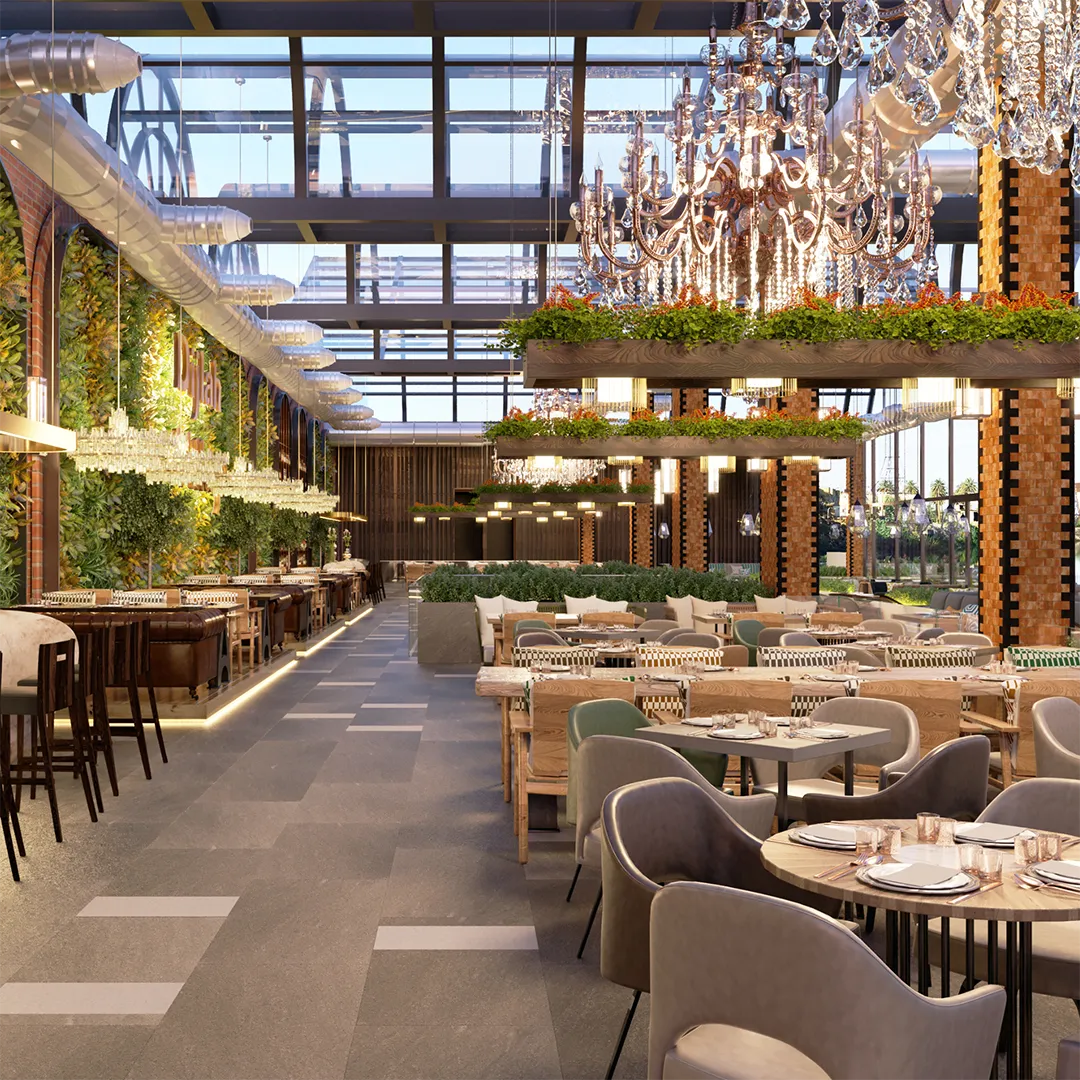
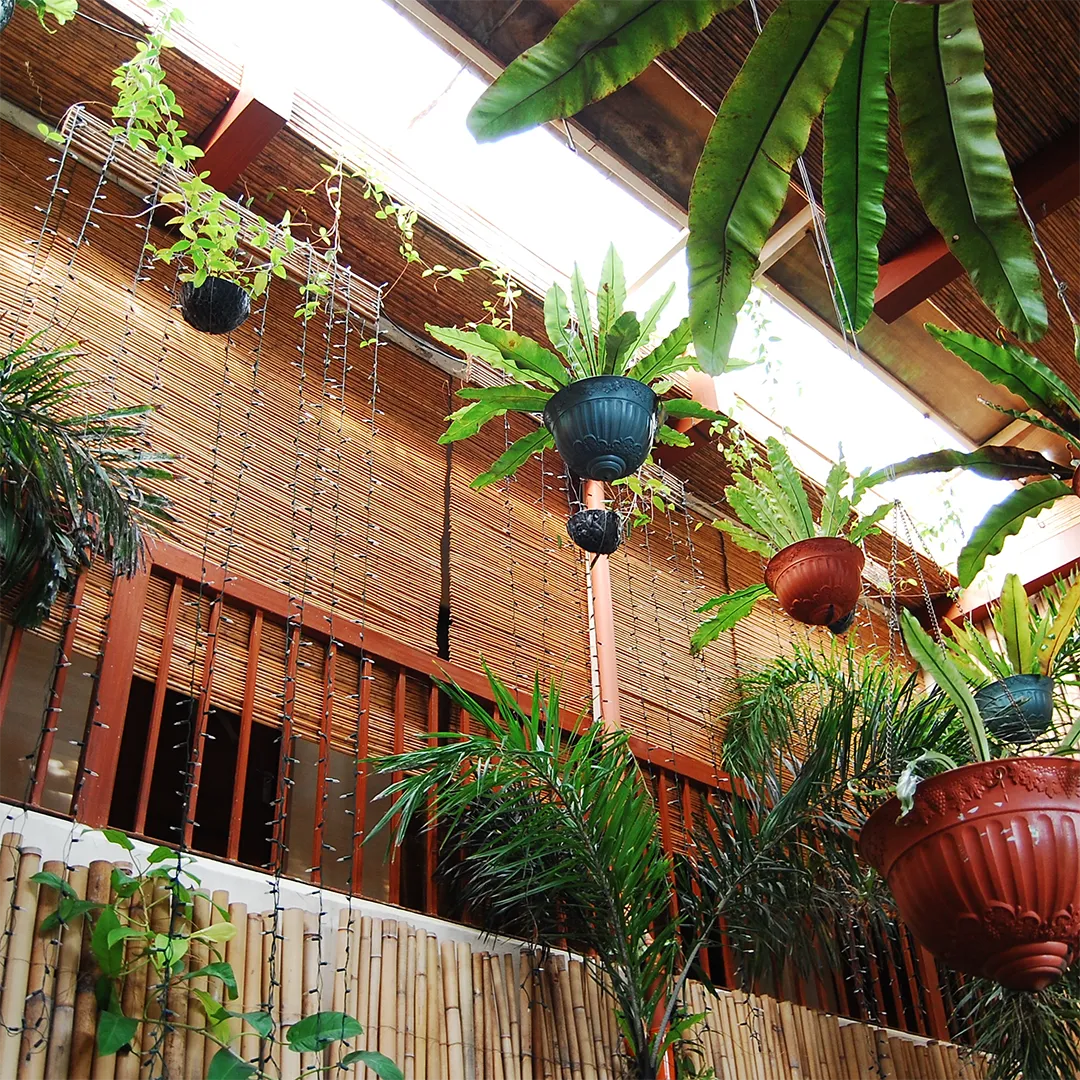
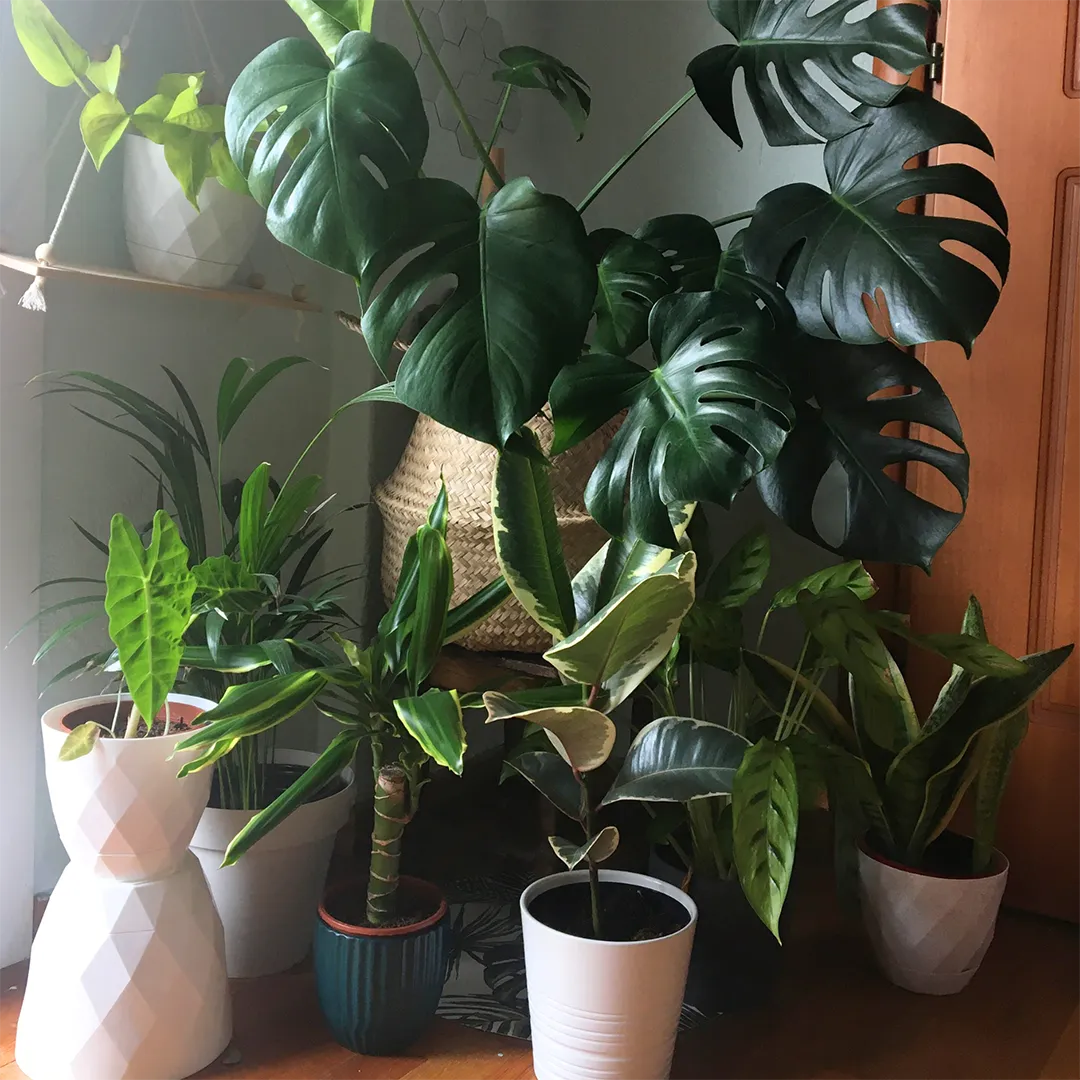
Biophilic design – the role of plants in sustainability culture
One simple but effective way to support CSR goals is by investing in workspaces infused with biophilic design, specifically plantlife. Plants play a significant role in creating a more sustainable workplace. What do we mean by “sustainable?” In this case, sustainability refers to practices that meet the needs of the present without compromising future generations’ ability to meet their needs. One of the key pillars of corporate social responsibility is environmental stewardship, and plant life contributes to this in a variety of ways:
- Improving Air Quality: Plants act as natural air purifiers, absorbing toxins and pollutants while releasing clean oxygen. In a world where indoor air quality is often poor, especially in urban office environments, adding office plants can help improve the air that employees breathe. Cleaner air means healthier employees, and that ties directly into a company’s CSR goals related to health and well-being.
- Reducing Carbon Footprint: Plants naturally absorb carbon dioxide, reducing a company’s overall carbon footprint. By surrounding a workspace with plants, businesses can demonstrate a tangible commitment to fighting climate change, an important aspect of any CSR initiative.
- Conserving Energy: Plants help regulate indoor temperatures. Strategically placing plants near windows and key areas of the office acts as natural insulation, reducing the need for air conditioning in the summer and heating in the winter. This lowers energy consumption and contributes to a sustainable office environment.
Elevate your office with sustainable biophilic solutions
Looking to create a more sustainable and healthy workspace? Contact us to learn how our plant installations, rentals, and horticultural services can help you achieve your CSR goals while enhancing employee well-being.

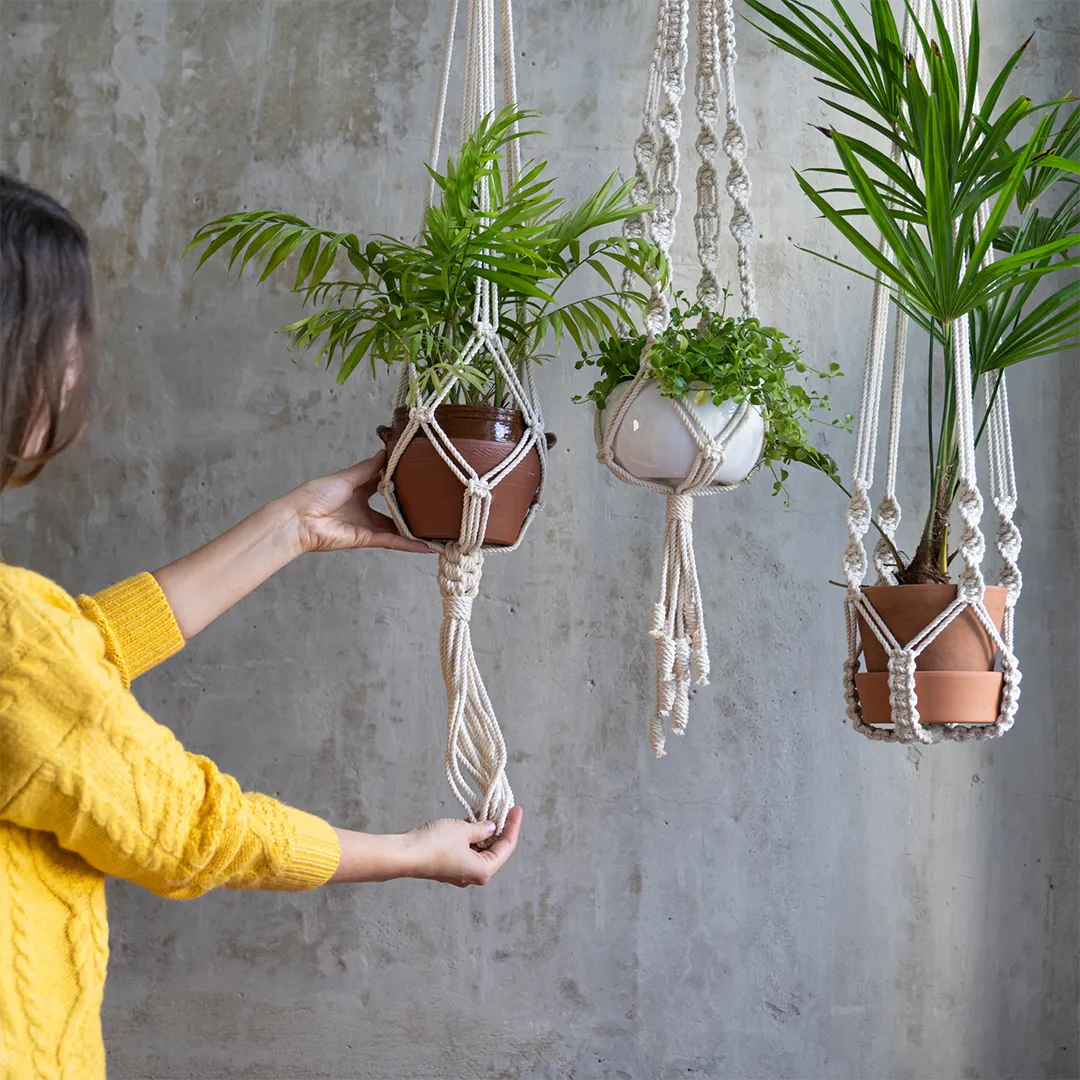
The effect of nature on employee experience
Another important component of corporate social responsibility is the well-being of employees. In today’s competitive job market, wellness programs can differentiate a company as a choice employer. Talented candidates, particularly Millennials and Gen Z, are increasingly seeking out workplaces that prioritize health, work-life balance, and personal growth.
Indoor plants are proven to enhance mental and physical health, creating a more pleasant and productive work environment. Incorporating plants into office design is an easy yet effective way to boost employee satisfaction and engagement, which directly ties into CSR goals.
- Stress reduction: Studies show that being around plants reduces stress levels and promotes relaxation. Introducing greenery has a calming effect, leading to happier and more productive employees.
- Improved focus and creativity: Office plants have been found to boost creativity and concentration. Employees who work in spaces with plants tend to be more focused, innovative, and motivated, all of which contribute to better job performance. For companies aiming to foster a positive and dynamic work culture, plants are a low-cost yet high-impact solution.
- Employee engagement and retention: When companies prioritize employee well-being, they send a clear message that they value their team. Employees who feel valued and supported by their employer are more engaged in their work and contribute positively to the company culture. This increases employee retention and aligns with CSR goals focused on human capital development.
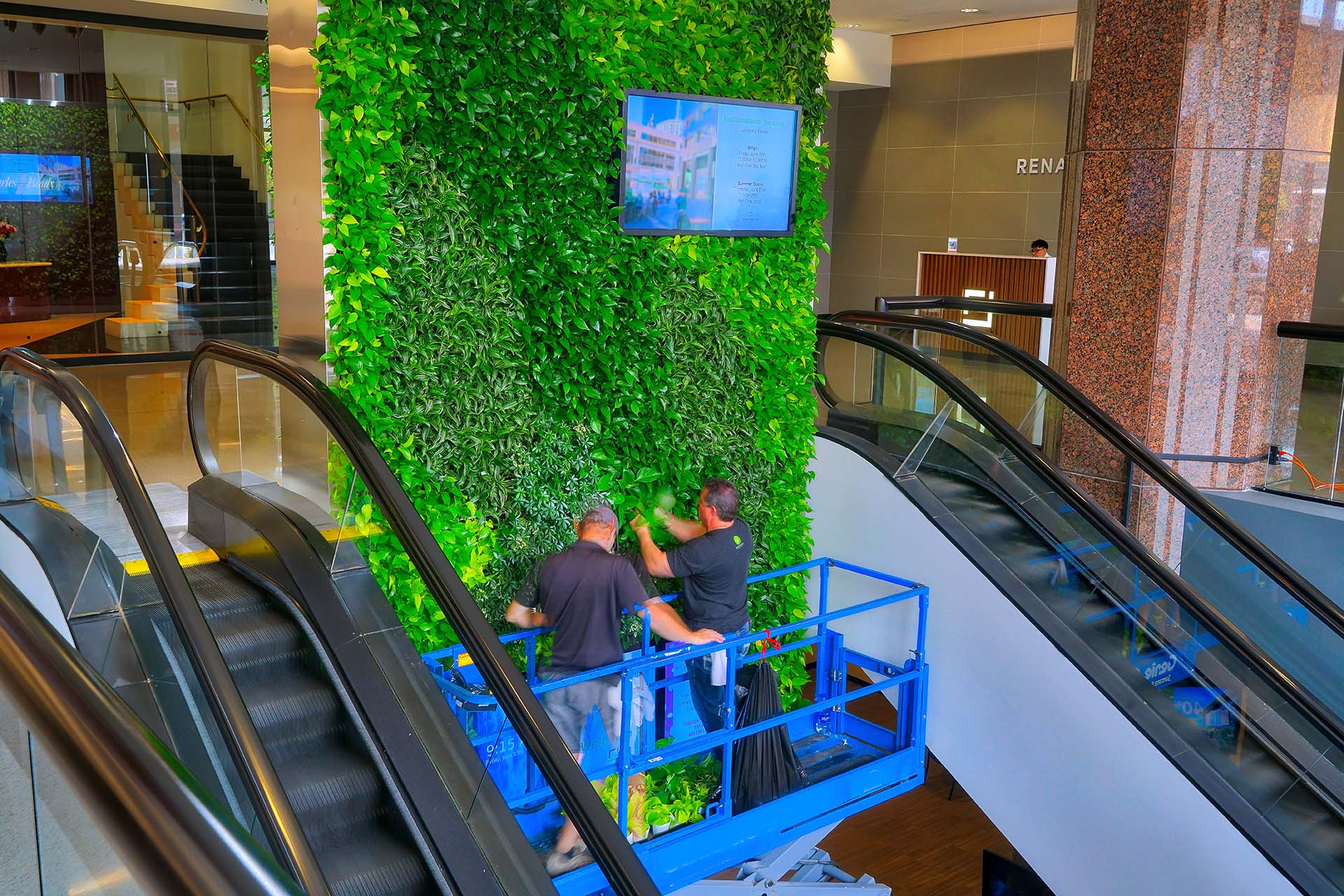
Not all biophilic designs are created equal – choose sustainable plant installations
Here are some ways to ensure your chosen plantscapes contribute to your company’s broader corporate social responsibility initiatives.
First, work with companies that source plants in a sustainable manner. Look for suppliers who use eco-friendly practices and ensure that the plants you choose are grown and transported with minimal environmental impact.
To ensure long-term sustainability, choose low-maintenance plants that require minimal water and care. Opt for species that thrive indoors and can withstand varying levels of light. Lastly, make sure that old or damaged plants are composted or recycled, rather than sent to landfills. A commitment to recycling and composting reduces your company’s environmental footprint.
By filling spaces with greenery, companies can improve air quality, reduce energy consumption, and enhance employee well-being—all while demonstrating a commitment to environmental stewardship and social responsibility.
Choose sustainable plant solutions for your office
Partner with us to ensure your plants are sourced sustainably and maintained with care. From installations to eco-friendly horticultural services, we can help you design a workspace that aligns with your company’s CSR initiatives. Contact us today!
